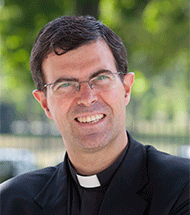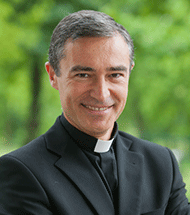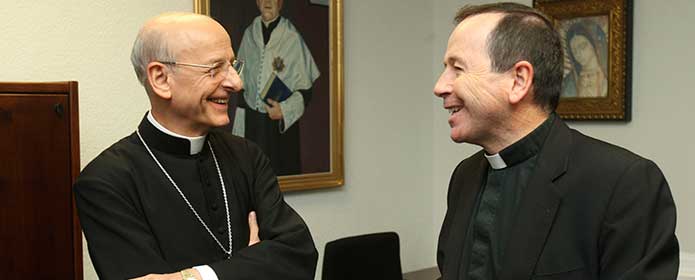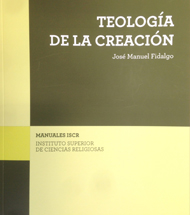Professors Juan Fernando Sellés and Francisco Gallardo publish 'Teoría del knowledge'.
This is the twenty-sixth Issue of the collection 'Manuals of the Higher Institute of Religious Sciences (ISCR)' of the University of Navarra.
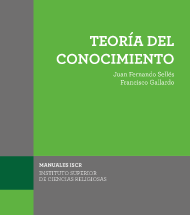
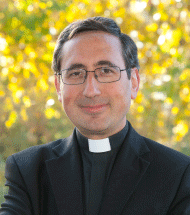

The Higher Institute of Religious Sciences of the University of Navarra (ISCR) has published Teoría del knowledge . The Issue, written by Professors Juan Fernando Sellés and Francisco Gallardo, is the twenty-sixth book in the ISCR Manuals collection published by EUNSA.
As the authors of guide point out, "the theory of knowledge is the philosophical discipline that studies what human knowledge is like and what its levels are. The knowledge occurs on different, organised and hierarchical levels: seeing a tree is not the same as remembering or imagining it; the cognitive act that understands it, values it or distinguishes it from other realities is also different. They are different acts, more or less intense and elevated".
The publication studies the four levels of human knowledge: the sensible, the rational, the intellectual and staff. It also studies truth and the rectification of the most common errors against it, as well as the three basic errors against its knowledge : relativism, scepticism and subjectivism.
The book also summarises the three noetic proposals that have most influenced the history of Philosophy: nominalism, idealism and realism. In addition, this publication finally examines the different knowledge and sciences, which also respond in an orderly fashion to the different levels of the human knowledge .
Juan Fernando Sellés is Senior Associate Professor of Philosophical Anthropology at the University of Navarra. Francisco Gallardo is director of programs of study of the high school Superior of Religious Sciences of this same University.
The 'ISCR Manuals Collection' is aimed at parents, catechists and trainers, teachers of religion or professionals from different fields who feel the need to improve their scientific knowledge of faith. The books published so far are the following: Introduction to Theology, Ethics, Mariology, Philosophy of Science, Pauline Writings, Pentateuch and Historical Books, Theological Anthropology, Synoptic Gospels and Acts of the Apostles, Mystery of God, Ecclesiology, Theology of Creation, Prophetic Books, Poetic and Sapiential Books, Morals of the Person: The Virtues, Philosophy of the Person, Fundamental Morals, Theology of the mission statement, Christology, Introduction to the Philosophy, The Johannine Writings and Catholic Letters, Philosophical Anthropology: The Human Person, Eucharist, Social Morals, Patrology and Introduction to the Sacred Scripture.


